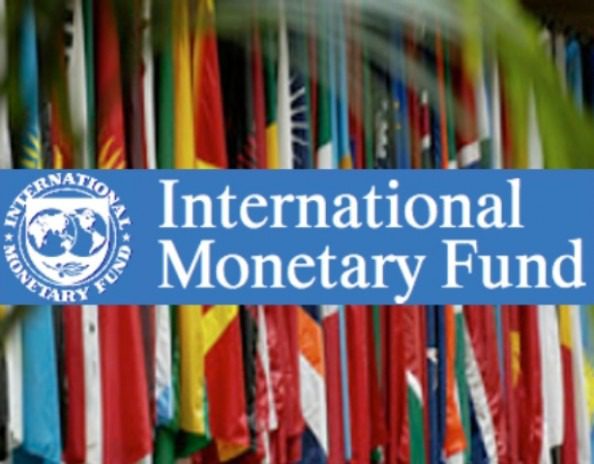Political Issues
Is Democratic Capitalism Showing Signs of Wear and Tear? -By Nuhu Othman


Nuhu Othman
A major fallout from the 2016 presidential election in the United States seems to support the fact that democracy as a system of government is an evolving process. So also the presidential election of 2000 that led to the Florida vote recount. This keenly contested election between George Bush Jnr and Al Gore reverberated across the length and breadth of Africa. The assumption that the United States style of democracy is near-perfect among democracy enthusiasts was greatly deflated. But the United States showed an even greater resilience in the 2008 election that brought President Barack Obama. This in no small measure rekindled that lost confidence about the system – a much needed deus ex machina if you may.
Nigeria had switched from what was handed to us by our coloniser – a parliamentary system – to the United States’ kind of presidential system in 1979. Despite military interventions at several intervals, Nigeria’s presidential system, from 1999, has endured 5 uninterrupted election cycles despite the huge cost associated with running this kind of system. Ghana was also created as a parliamentary democracy, but in 1993 the military government gave way to the Fourth republic after presidential and parliamentary elections.
Though the United States may not have had much colonial past in Africa – regarding its partitioning and direct colonial conquest except for Liberia, to a larger degree – there is still the perception that it does have a neo-colonial present. The mode of its democracy is wrapped with some derivatives such as: globalisation, privatisation, multi-party democracy, human rights and sundry of freedoms, which every democracy-recipient nation is naturally expected to accept. In most cases without thinking it through. In essence, a democracy that has less or none of such derivatives is either considered a dictatorship or a quasi-democracy. Most African nations have bent over backwards to implement these derivatives. For example, deregulation of the oil sector, privatisation of the power and telecommunication sectors, etc. Without a doubt Nigeria’s privatisation of the telecommunication sector has yielded enormous economic growth. As at 2014, it added about 5% of the country’s rebased GDP of over $500 billion. Kenya, Mauritius and Lesotho had benefited under the George Bush’s African Growth and Opportunity Act (AGOA), especially in garment trade with the United States.
When such a powerful nation that has its footprints in almost every nation of the world begins to deny climate change, you more or less, for example, give the developing world the incentive to use more coal as a source of energy. Besides, managing issues of climatic conditions requires a balancing act. It is easier for politicians to deliver power to their electorates irrespective of its source. Or even damning the hazardous consequences. But the unfortunate thing is that, the negative effects of this action do not confine itself within the horizon of the polluter country alone. Exactly why there is the need for more powerful nations like the United States to take the lead role. In another scenario, it is easier to call for the re-negotiation or simply ignoring away a trade policy agreement to moribund, say the AGOA. But when that happens, you cannot stop the migration crisis or even terrorism from escalating. This is what makes Germany’s Angela Merkel initiative to help in recharging the Lake Chad Basin a practical and ingenious way to tackle migration and terrorism on the economic front. It is always a give and take situation. You can hardly escape the consequences of indecision or a bad decision.
Anytime you try to change or even abandon any of these derivatives that is mutually beneficially, and is working, the principal partner – loses its influence to its adversaries. With regional powers like China, Russia, Iran and Turkey springing up strongly, and with their vast interests in Africa. There is the likelihood of weakening these democracy derivatives. Whatever happens to the United States strength in terms of its democratic credentials, it will always have tremendous effects outside of its shores. Unfortunately, there is no one country waiting in the wing to take over the customary global role of the United States.
Nuhu Othman, a public commentator, writes this piece from Abuja


















